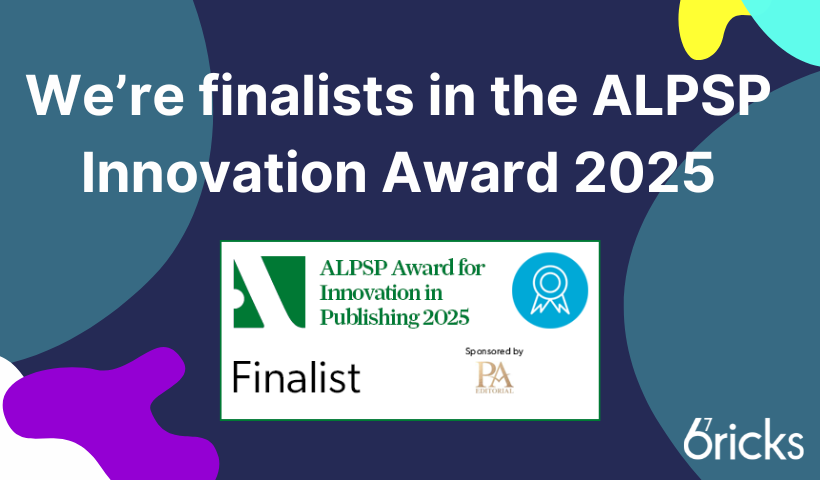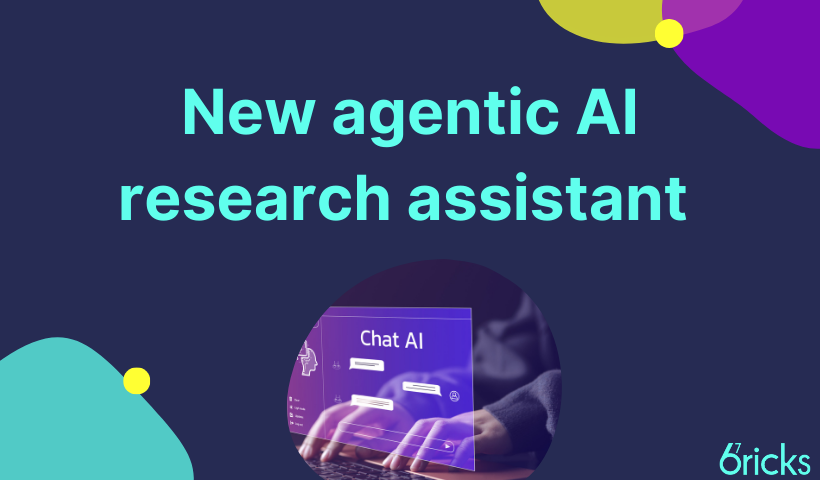As part of our ongoing growth, we have recently appointed two new Strategic Technology Consultants at 67 Bricks. One is an existing team member, Rachael Lammey, and the other is new to the business – Jerome Jones. As is tradition, we sat down with Jerome to find out more about his work prior to joining 67 Bricks, and what he is most looking forward to doing now he’s here…
Welcome to 67 Bricks! What are your first impressions so far? How have your first two weeks been?
It’s been really positive… a whirlwind, but very positive! Everyone’s been very welcoming and open, and I’ve enjoyed taking the time to really get to know people and what they’re working on. We’re doing some very interesting stuff here, and I like that there’s space to talk openly about uncertainty and the grey areas, which is where the most valuable work often happens. I’m already adding value, being proactive and getting properly stuck in, which feels great.
Tell us a bit about yourself – where have you come from and what were you doing there?
I started out as a full stack developer and then grew into roles as a tech lead, engineering manager, architect and CTO. Over the years I’ve worked across a range of sectors including digital publishing, education and edtech, charities, biosciences, aviation, and space and satellite applications, where I led AI-driven projects turning complex data into actionable environmental and sustainability insights for governments, as well as supporting commodity and supply chain risk management.
More recently, I’ve been working as a fractional CTO and consultant, going full-on into AI and staying hands-on while partnering with small organisations and individual founders who have big ideas but need the right technical guidance to bring them to life. That mix of hands-on problem-solving, strategic thinking and helping people navigate the tricky grey areas is something I really enjoy, and it’s exactly what brought me to 67Bricks.
What drew you to join 67 Bricks and become a Strategic Technology Consultant?
What really appealed to me is that it holds a similar space to the work I’d been doing over the past couple of years with small organisations and individual founders, people who often have a strong strategic vision but need the right technical steer to actually make it happen. In the fast-changing world of tech, especially when it comes to data and AI, things can look deceptively simple or impossibly hard, but the real, pragmatic answer is usually somewhere in the grey. I like that 67Bricks is all about helping clients navigate that grey space with honest advice, good architecture and thoughtful delivery. It’s not just about building for the sake of it, but about making sure what we build really works for them.
Your background is pretty varied in terms of industries you’ve worked in – which do you think will be the most relevant to your work at 67 Bricks?
I think in the past I would have said my experience in digital publishing, but now I’d say it’s more about my exposure to data-rich environments in general. Across all the sectors I’ve worked in, the common thread has been helping organisations make sense of complex data and turn it into something genuinely useful. That means understanding how to design the right architecture, manage tricky trade-offs and help teams navigate all the uncertainty that comes with it. I think that perspective will be really valuable here.
With the rate of change seemingly increasing all the time, do you have advice for companies wanting to keep up with all the opportunities out there?
I’d say don’t get too distracted by the hype or the shiny new thing for its own sake. Stay curious and open to new ideas, especially with fast-moving areas like AI, but always come back to the question: what problem are you actually trying to solve? Solve first. Sometimes it’s better to solve and build for now, not just for the future. Test the market as soon as you can and be ready to adapt, rather than trying to build for a future that could look completely different in a year’s time. The organisations that do best are the ones that understand the grey areas and the uncertainty, and balance thoughtful experimentation with a clear sense of what their users really need. That’s where you get real, meaningful value rather than just technology for technology’s sake.
Anything else you’d like to add?
Just that I’m really glad to be here. It’s exciting to work alongside people who genuinely care about doing interesting, valuable work and who aren’t afraid to have honest conversations about the grey areas too. If anyone wants to chat about pragmatic but effective technology delivery, AI, data, architecture or just share ideas, I’m always up for it.


